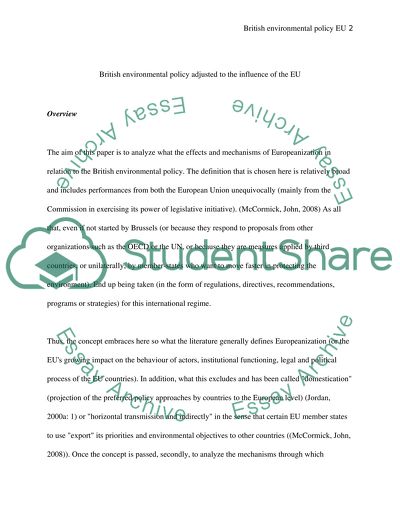Cite this document
(“In what ways have British institutions and policy-making adjusted to Essay”, n.d.)
Retrieved from https://studentshare.org/environmental-studies/1412230-in-what-ways-have-british-institutions-and-policy
Retrieved from https://studentshare.org/environmental-studies/1412230-in-what-ways-have-british-institutions-and-policy
(In What Ways Have British Institutions and Policy-Making Adjusted to Essay)
https://studentshare.org/environmental-studies/1412230-in-what-ways-have-british-institutions-and-policy.
https://studentshare.org/environmental-studies/1412230-in-what-ways-have-british-institutions-and-policy.
“In What Ways Have British Institutions and Policy-Making Adjusted to Essay”, n.d. https://studentshare.org/environmental-studies/1412230-in-what-ways-have-british-institutions-and-policy.


